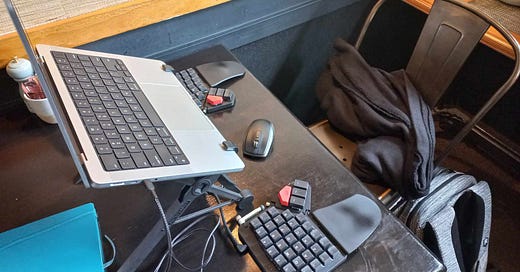Stop worrying about being the best
My six-month retrospective on switching careers away from optometry and how this could help with your career situation
Keep reading with a 7-day free trial
Subscribe to Staying Focused to keep reading this post and get 7 days of free access to the full post archives.




